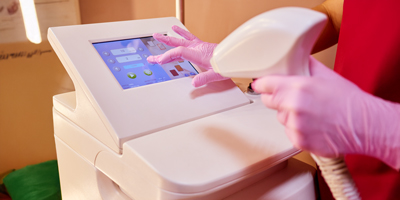You should consult a urologist if you experience:
- Severe and persistent pain in the lower back, abdomen, or groin
- Blood in the urine (hematuria)
- Frequent urge to urinate but passing only small amounts
- Cloudy or foul-smelling urine
- Pain during urination
- Fever, chills, or nausea along with urinary problems
- Difficulty passing urine or complete blockage
Ignoring these symptoms can lead to kidney damage, urinary tract infections, or other serious complications. Seeking timely treatment ensures effective management and prevents the condition from worsening.
You should consult a urologist if you experience:
- Severe and persistent pain in the lower back, abdomen, or groin
- Blood in the urine (hematuria)
- Frequent urge to urinate but passing only small amounts
- Cloudy or foul-smelling urine
- Pain during urination
- Fever, chills, or nausea along with urinary problems
- Difficulty passing urine or complete blockage
Ignoring these symptoms can lead to kidney damage, urinary tract infections, or other serious complications. Seeking timely treatment ensures effective management and prevents the condition from worsening.














.svg)








